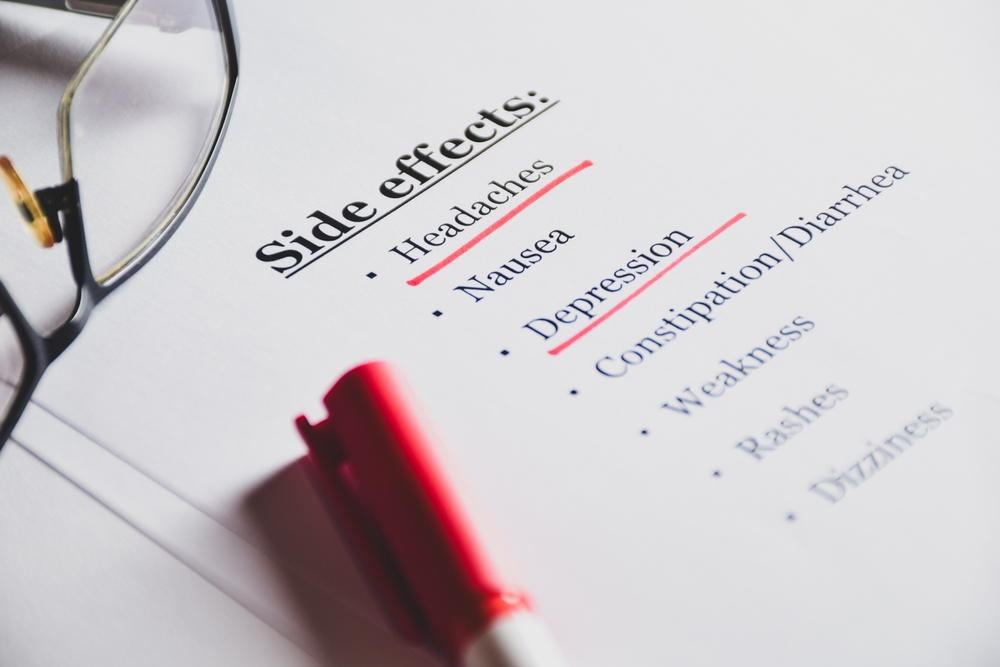At May-Grant OB/GYN, serving Lancaster, PA, and surrounding areas, we recognize the delicate nature of female sexual dysfunction (FSD) and its impact on women’s health and well-being. Our team of expert providers is dedicated to providing comprehensive care and understanding to help women overcome these challenges. This blog aims to shed light on the complexities of FSD, its causes, symptoms, and the effective treatments available.
What is Female Sexual Dysfunction?
Female sexual dysfunction encompasses a range of issues related to any stage of the sexual response cycle, including desire, arousal, orgasm, and resolution. These problems can cause significant distress and affect interpersonal relationships. Understanding the various forms of FSD is the first step toward effective management and treatment.
Categories of Female Sexual Dysfunction
- Desire Disorders: These involve a lack of sexual desire or interest in sexual activity.
- Arousal Disorders: Difficulty in becoming physically aroused or maintaining arousal during sexual activity.
- Orgasmic Disorders: Delay or absence of orgasm (climax) after sufficient sexual stimulation.
- Pain Disorders: Pain during intercourse, which can include conditions such as vaginismus and vulvodynia.
Exploring the Causes of FSD
The causes of female sexual dysfunction are often multifaceted, including both physical and psychological factors:
- Hormonal Imbalances: Changes in estrogen and testosterone levels can significantly affect sexual function.
- Medical Conditions: Chronic health issues like diabetes, heart disease, and neurological disorders can contribute to FSD.
- Medications: Certain medications, including antidepressants and blood pressure drugs, can have side effects that impact sexual desire and response.
- Psychological Factors: Stress, anxiety, and depression are common contributors to sexual dysfunction in women.
- Relationship Issues: Interpersonal problems can also play a significant role in sexual function.
Diagnosing Female Sexual Dysfunction
At May-Grant OB/GYN, diagnosis begins with a compassionate and thorough evaluation, which may include:
- Medical History Review: Understanding any underlying conditions or medications that might contribute to FSD.
- Physical Examination: A physical exam can help identify any physical causes of FSD.
- Psychosocial Evaluation: Discussing psychological and relationship factors that could be impacting sexual health.
Effective Treatments for Female Sexual Dysfunction
Treatment for FSD must be tailored to the individual, depending on the underlying cause. Options include:
- Hormonal Therapies: Hormone replacement therapy (HRT) can be beneficial for those suffering from symptoms related to hormonal imbalances.
- Psychotherapy: Counseling or sex therapy can be effective, especially when psychological factors play a role.
- Physical Therapies: Pelvic floor exercises, vaginal dilators, and other physical treatments can help manage pain and physical symptoms.
- Medication: FDA-approved drugs like flibanserin (Addyi) are available for treating certain types of FSD.
- Lifestyle Adjustments: Dietary changes, regular exercise, and improved sleep can also enhance sexual function.
Building a Supportive Treatment Plan
Our providers at May-Grant OB/GYN work collaboratively with each patient to develop a personalized treatment plan that addresses physical and emotional needs. We believe in a holistic approach considering all aspects of a woman’s health and lifestyle.
Many women have successfully managed their symptoms of FSD through treatments provided at May-Grant OB/GYN. Their stories of recovery and improved quality of life testify to the effectiveness of individualized care plans and the importance of seeking help.
Advancing Towards a Fulfilling Sexual Health
In conclusion, understanding and treating female sexual dysfunction involves recognizing the complex interplay of physical, psychological, and relational factors. At May-Grant OB/GYN, we are committed to advancing women’s sexual health by providing cutting-edge treatments and compassionate care. Our goal is to empower women to achieve fulfilling sexual health and improve their overall quality of life.
Sources:
- American College of Obstetricians and Gynecologists (ACOG) – provides guidelines on diagnosing and treating female sexual dysfunction.
- Mayo Clinic – offers a detailed overview of symptoms, causes, and treatment options for FSD.
- PubMed – features research articles on the latest advancements in the treatment of female sexual dysfunction.








